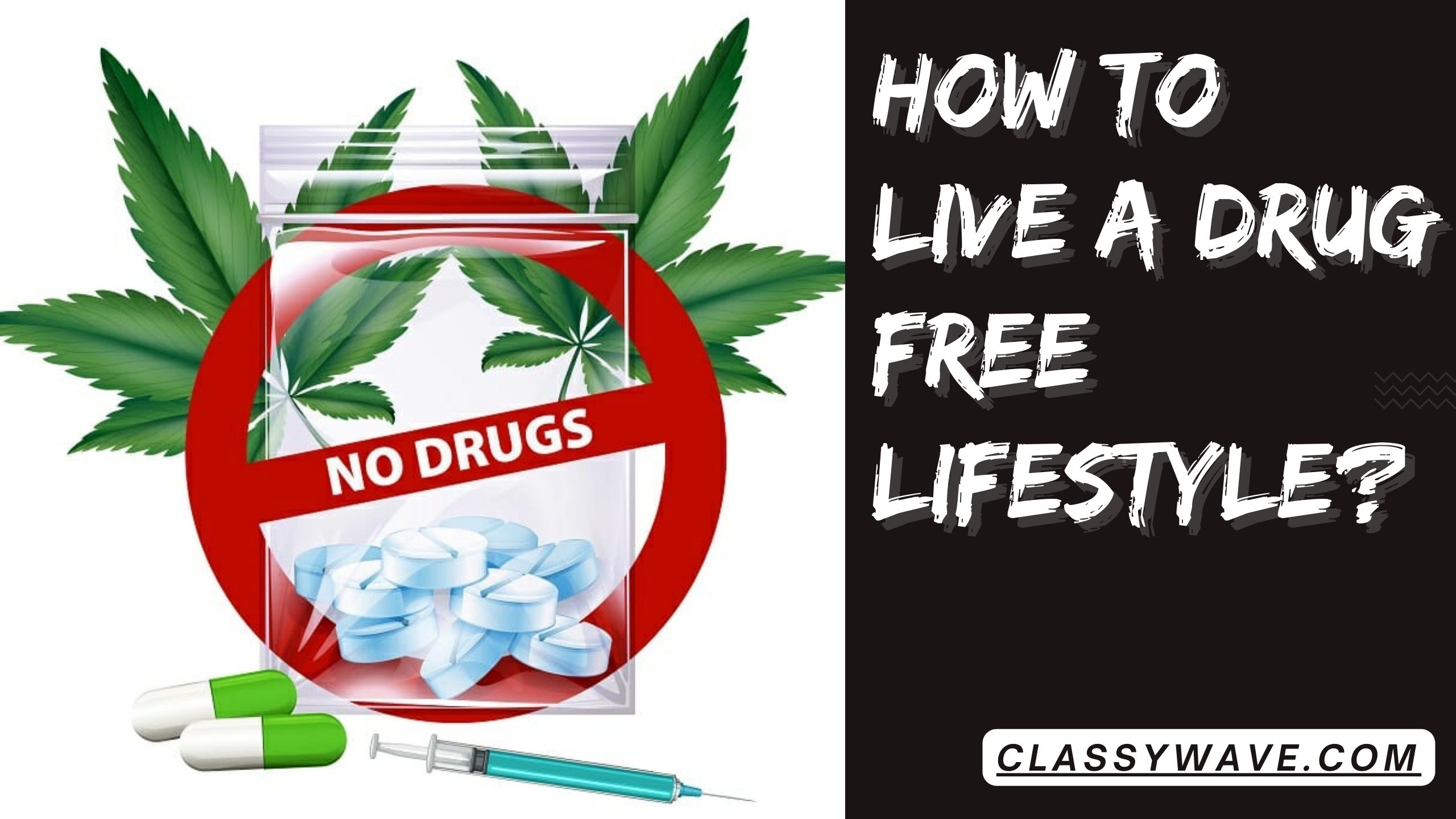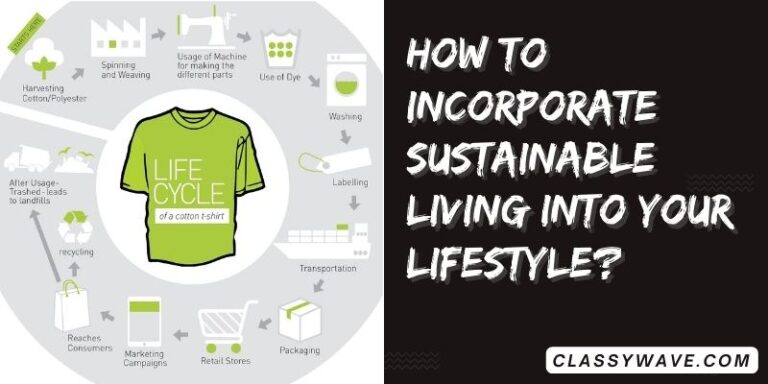how to live a drug-free lifestyle? strategies for Happier Living
Embarking on a drug-free lifestyle is a transformative journey that encompasses numerous facets crucial for sustainable recovery. From understanding the profound impact of sobriety to fostering support systems, informed decision-making, and healthy coping mechanisms, this comprehensive guide delves into key strategies to navigate life’s challenges while prioritizing a drug-free existence.
Understanding the Importance of a Drug-Free Lifestyle
Cultivating awareness about the profound impact of a drug-free lifestyle on physical and mental well-being. Acknowledging the ripple effects on personal relationships, professional endeavors, and overall life satisfaction, underscores the value of choosing sobriety as a cornerstone for a fulfilling existence.
Building a Strong Support System for a Drug-Free Life
Nurturing connections with friends, family, and mentors who champion a drug-free lifestyle. Fostering a robust network that provides encouragement, accountability, and understanding, creating a resilient foundation to withstand challenges and temptations on the journey to sobriety.
Making Informed Decisions
Empowering individuals with knowledge about various substances, their consequences, and the science behind addiction. Equipping them with the tools to make informed choices, fosters a proactive approach to maintaining a drug-free lifestyle.
Developing Healthy Coping Mechanisms and Stress Management
Instilling effective strategies to cope with stressors without resorting to substances. Encouraging the adoption of positive habits and coping mechanisms, ensuring a sustainable and resilient foundation for navigating life’s challenges without reliance on drugs.
Engaging in Positive Hobbies and Activities
Encouraging the pursuit of hobbies and activities that bring joy, fulfillment, and a sense of purpose. Redirecting energy towards positive outlets, promoting a drug-free lifestyle through the cultivation of constructive and enjoyable pastimes.
Setting and Achieving Personal Goals for a Drug-Free Future
Establishing realistic and motivating goals that align with a drug-free lifestyle. Focusing on personal development, accomplishments, and milestones to create a sense of purpose and direction in the journey towards sustained sobriety.
Seeking Professional Help and Counseling
Advocating for the utilization of professional guidance and therapeutic interventions in the pursuit of a drug-free life. Acknowledging the importance of seeking help when needed and engaging in counseling to address underlying issues contributing to substance use.
Creating a Structured Daily Routine to Avoid Temptations
Designing a daily schedule that prioritizes healthy habits and minimizes opportunities for temptation. Establishing structure and routine as key elements in maintaining a drug-free lifestyle, creating a stable environment conducive to long-term sobriety.
Establishing Boundaries and Saying No to Peer Pressure
Developing assertiveness and setting clear boundaries to resist peer pressure and external influences. Empowering individuals to confidently say no to situations that may compromise their commitment to a drug-free lifestyle, fosters resilience in social contexts.
Embracing a Healthy Lifestyle
Recognizing the interconnectedness of physical well-being and sobriety. Promoting a holistic approach by prioritizing proper nutrition, regular exercise, and sufficient sleep, laying the foundation for a healthy lifestyle that complements a drug-free existence.
Recovery and Relapse Prevention Strategies
Implementing comprehensive strategies for recovery and relapse prevention. Equipping individuals with tools to navigate challenges, identify triggers, and build resilience, fostering a proactive stance in maintaining a drug-free lifestyle.
Celebrating Milestones and Acknowledging Progress
Encouraging the acknowledgment and celebration of personal achievements and milestones in the journey toward a drug-free life. Cultivating a positive mindset by recognizing progress, reinforcing motivation, and fostering a sense of accomplishment.
Connecting with Community and Volunteer Opportunities
Facilitating engagement with supportive communities and volunteer initiatives. Encouraging individuals to build connections with like-minded peers, contributing to a sense of belonging and purpose that enhances the commitment to a drug-free lifestyle.
Mindfulness and Meditation for Stress Reduction
Introducing mindfulness and meditation practices as effective tools for stress reduction. Promoting self-awareness and emotional regulation, empowering individuals to manage stress without turning to substances, and fostering a centered and resilient approach to a drug-free life.
Fostering a Positive Mindset and Self-Reflection
Emphasizing the importance of cultivating a positive mindset and practicing self-reflection. Encouraging individuals to examine thought patterns, develop resilience in the face of challenges, and foster a constructive internal dialogue that supports the maintenance of a drug-free lifestyle.
Conclusion
In conclusion, embracing a drug-free lifestyle is a multifaceted commitment that involves understanding the profound effects of sobriety, building strong support systems, making informed decisions, and developing healthy coping mechanisms. By actively engaging in positive activities, setting personal goals, and seeking professional help when needed, individuals can create a structured and resilient foundation for a fulfilling, substance-free life. Celebrating milestones, fostering a positive mindset, and practicing self-reflection contribute to a holistic approach, reinforcing the journey toward sustained sobriety and well-being.
FAQs
Q: Can a drug-free lifestyle improve mental health?
A: Yes, abstaining from drugs supports mental well-being, promoting clarity, emotional stability, and improved overall cognitive function.
Q: How can I resist peer pressure to use drugs?
A: Develop assertiveness, set clear boundaries, and confidently say no, prioritizing your commitment to a drug-free lifestyle.
Q: Are support groups effective in maintaining sobriety?
A: Yes, support groups provide understanding, accountability, and shared experiences, enhancing resilience and commitment to a drug-free life.
Q: What role does mindfulness play in addiction recovery?
A: Mindfulness aids stress reduction, emotional regulation, and self-awareness, supporting recovery by fostering a centered approach to a drug-free life.
Q: How can family and friends help someone stay drug-free?
A: Offering understanding, and encouragement, and actively participating in their journey creates a strong support system, crucial for maintaining sobriety.







